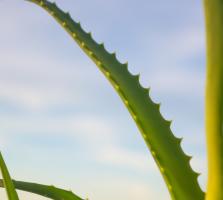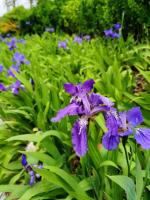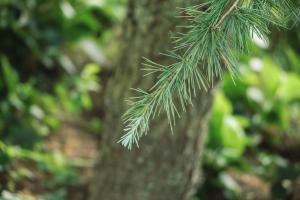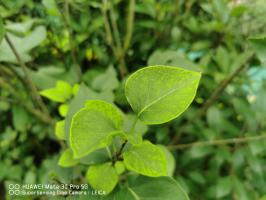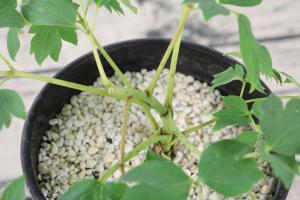Does Dish Soap Water Kill Plants?
Dish soap is a common household item that is used for cleaning dishes, but many people wonder if it can be used as a natural pesticide on plants. Using dish soap water on plants can have both positive and negative effects, depending on the concentration of soap and the type of plant. In this article, we will explore the effect of dish soap water on plants and whether or not it can be used as a safe and effective pesticide.
The Effect of Dish Soap Water on Plants
When dish soap is mixed with water, it creates a soapy solution that can be used as a pesticide on plants. The soap acts as a surfactant, which helps to lower the surface tension of water and makes it easier for the water to penetrate the plant's leaves. This can help the plant to absorb moisture and nutrients more efficiently and can also help to remove dust and dirt that may be clogging the plant's pores.
However, using too much dish soap in the water solution can have negative effects on the plant. Dish soap is designed to break down and remove oil and grease, which can be harmful to plant cells. If the concentration of dish soap is too high, it can damage the plant cells and cause them to die. This can result in a lack of photosynthesis, stunted growth, and even death of the plant.
The Safe Use of Dish Soap Water on Plants
When using dish soap water on plants, it is important to use the correct concentration of soap to water. A general rule of thumb is to use no more than 1 teaspoon of dish soap per gallon of water. This will ensure that the concentration of soap is not too high and will not cause harm to the plant.
It is also important to avoid using dish soap water on plants that are susceptible to damage from soap. Different plant species have different levels of sensitivity to soap, so it is important to research the type of plant before applying dish soap water. Plants with soft, delicate leaves or succulent plants are more susceptible to damage from soap, so it is best to avoid using dish soap water on these plants.
The Benefits of Using Dish Soap Water on Plants
Despite the potential negative effects of using dish soap water on plants, there are also many benefits to using this natural pesticide. Dish soap water is a safe and affordable way to control pest infestations on plants without the use of harmful chemicals. It can also help to prevent mold and mildew growth on plants, which can be harmful to the plant's overall health.
Additionally, using dish soap water on plants can help to reduce the spread of diseases and pests. The soap acts as a natural repellent for many insects and pests, which can help to keep them away from the plant. This can reduce the risk of infestations and help to keep the plant healthy and strong.
Conclusion
Using dish soap water on plants can have both positive and negative effects, depending on the concentration of soap and the type of plant. While dish soap water can be a safe and effective natural pesticide, it is important to use the correct concentration and to avoid using it on plants that are sensitive to soap. With proper use, dish soap water can help to control pest infestations, prevent mold and mildew growth, and improve overall plant health.

 how many times do yo...
how many times do yo... how many planted tre...
how many planted tre... how many pine trees ...
how many pine trees ... how many pecan trees...
how many pecan trees... how many plants comp...
how many plants comp... how many plants can ...
how many plants can ... how many plants and ...
how many plants and ... how many pepper plan...
how many pepper plan...